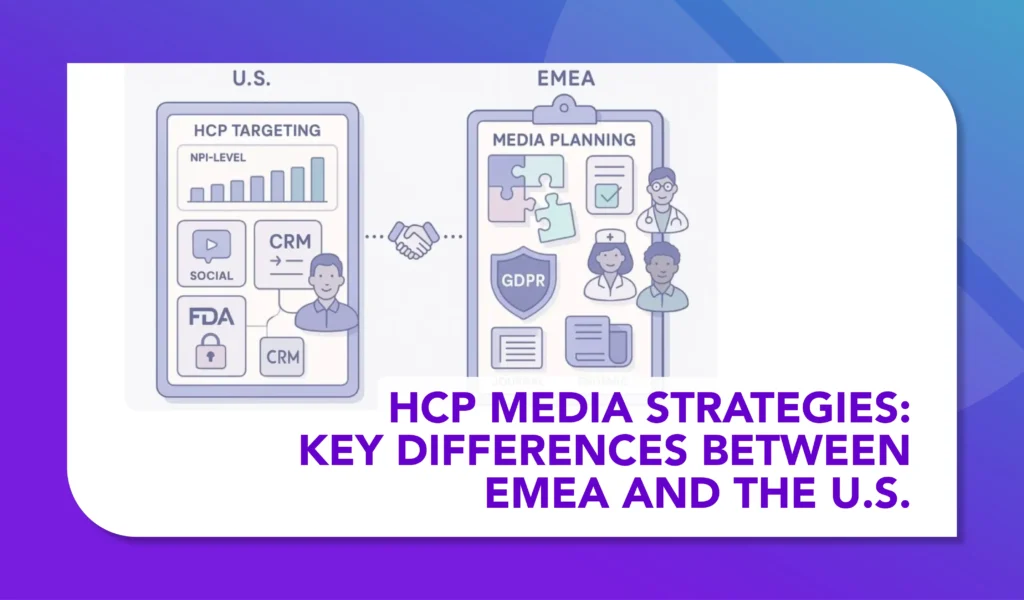Global Wins, Local Woes
The Hidden Cost of Global Media Agency Wins: Why Local Teams Often Pay the Price

In the high-stakes world of global media, nothing beats the thrill of landing a massive, multi-market client. The announcement goes out: “Global win! Welcome our newest client to the agency family!” Champagne is popped. Leadership beams. Everyone congratulates themselves on negotiating impossibly low rates that sealed the deal.
Then reality sets in.
The celebratory emails fade, and local teams are left holding the bag. That global win often means local pain — with thin margins, tight deadlines, and clients who expect premium service without paying premium prices. When global leadership focuses on the big picture but forgets the people on the ground, it can jeopardize not just the client relationship but the agency’s own sustainability.
It’s time to address the elephant in the room: global wins need local support — and that means more than just good intentions.
The Reality of “Global” Success
Global consolidation pitch wins that span multiple markets offer numerous advantages, including stronger client-agency alignment, improved media pricing, consistent use of technology, and a host of other strategic benefits.
These global media deals are often driven by scale. Negotiating low rates centrally can make sense when you’re working with massive volumes. But those rates don’t account for local realities:
- Smaller teams must deliver big results on razor-thin margins.
- Local nuances demand extra time, effort, and expertise to get campaigns right.
- Operational costs — from compliance to creative adaptation — vary widely across markets.
For local teams, these centrally negotiated deals can feel less like an opportunity and more like an impossible burden.
The Big Disconnect
Here’s what typically happens:
- Global leadership secures the deal – A huge client is won at aggressive rates, with little room for negotiation.
- Local teams inherit the contract – They’re tasked with servicing the account, often without additional resources or budget relief.
- Margins evaporate – The same local profit targets are expected, despite the reduced rates and increased demands.
- Clients demand excellence – Understandably, the client expects world-class service. But local teams struggle to deliver because they’re stretched too thin.
The Ripple Effect: Why This Hurts Everyone
- Burnout Becomes the Norm: Overworked, under-resourced teams can only sustain so much. Talented people leave, taking institutional knowledge and client trust with them.
- Client Satisfaction Drops: When local teams can’t deliver the expected quality, clients notice. The honeymoon period from the global win turns into frustration on both sides.
- Local Business Suffers: Chasing global accounts often means deprioritizing smaller, local clients — the ones that often drive steady, reliable revenue. Neglecting these relationships in favor of an unprofitable global deal can erode long-term growth.
How Global Leadership Can Support Local Teams
The solution isn’t to stop pursuing global deals — they’re vital for an agency’s profile and growth. But global wins should never come at the expense of local teams. Here’s how to strike the balance.
- Local Profit Margin Relief: When margins are tight, the simplest solution is often the best: provide direct financial relief to local teams. Adjust their profit targets for accounts where rates are centrally dictated, so they’re not punished for doing the work.
- Create an Internal Financial Pass-Back System: If larger markets are profiting significantly from a global client, they should subsidize smaller markets that are struggling. A centralized pass-back system can redistribute resources to ensure no team is left behind.
- Fund Local Resources at a Global Level: Instead of expecting local teams to stretch their existing resources, allocate dedicated headcount or services specifically for global accounts. Whether it’s project managers, strategists, or creatives, having additional support — funded centrally — can make all the difference.
- Build Real Feedback Loops: Global leadership must stay connected to the realities on the ground. Regular check-ins with local teams, anonymous surveys, and clear escalation pathways for concerns can prevent issues from festering.
- Prioritize Local Wins: Global deals shouldn’t come at the expense of local business. Encourage and reward local teams for securing regional and market-specific clients. These relationships often yield higher margins and foster stronger team morale.
Winning Globally Without Losing Locally
Global wins are seductive. They bring prestige, revenue, and industry buzz. But unless agencies take proactive steps to support local teams, those wins can turn into losses — of talent, trust, and profit.
The secret is balance. By giving local teams the resources and relief they need, agencies can deliver on the promise of global success without sacrificing local excellence.
In the end, a global win is only as strong as the teams on the ground who make it happen. Let’s not forget them.




























